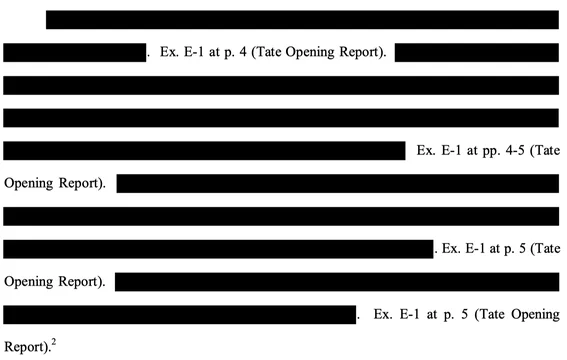
The IP/DE lore on redaction practice now extends to many volumes. To summarize for the more casual reader, in the long, long ago (2019-ish) redacting documents was more or less a free for all. Mid 2020 saw Judge Connolly and Judge Andrews begin to challenge the practice of over-redaction ultimately culminating with Judge Andrews to essentially banning the redaction of documents in their entirety in 2021. Recently, this has been extended to capture cases where the vast majority of the document is redacted as well.
Judge Williams seems to have added yet another wrinkle to the practice in an aside in Victaulic Company v. ASC Engineered Solutions, LLC, C.A. No. 20-887-GBW (D. Del. Nov. 30, 2022) (Mem. Order). The opinion itself dealt with old-style IPR estoppel (and is interesting in its own right), but closed with the following note:
Additionally, D.I. 196-1 , D.I. 220, and D.I. 222 were filed under seal, but the Court cannot find any substantive redactions in those documents. See D.I. 209-1 ; D.I. 240; D.I. 241. The Court will unseal those documents within seven (7) days unless either party objects. The
Court requests that parties not burden the Court with the unnecessary sealing of documents, such as publicly available documents, see, e. g. , D.I. 2 41 , Ex . A. 4
Id. at 7.
I had to read this passage a couple of times before cottoning-on to the issue, but what happened here is that the parties initially filed documents under seal, then did not redact anything from the public versions. Judge Williams then objected to this practice as wasting the Court's time.
As near as I can tell, this is the first time we've seen the Court raise this particular issue, and it will be interesting to see what effect it has on redaction practice going forward.
If you enjoyed this post, consider subscribing to receive free e-mail updates about new posts.




